|
It's 4am, and I'm on a boat. This is one of the few things in India that has happened on time, and I'm grateful that I didn't sleep through my alarm. The boat moves quickly, and the paddles cut through the still water of the Ganga. The driver rows from the front, leaning forward and back with more effort than I can imagine using at this hour. There are only four of us on the boat, and we make small talk as our eyes adjust to the lights along the river that are bright against the dark sky. It's surreal enough given how early it is, but also because this is what I dreamt of a year ago: sunrise at the Ganga. I played a song of the same name in my classes and Google-d photos of this place in anticipation of being here. It may be the only place in India that held large expectations in my mind. My own ideas of Varanasi were met with warnings from other travelers: "Only spend a couple days there." "Don't go alone." "It's intense." Before daybreak these words don't have much merit. The city is still and nearly silent. The entire length of Varanasi meets the Ganga with staircases called ghats cascading down from every alley all the way to the water. Buildings of all shapes and colors seem taller from this angle, towering over the concrete. We occasionally warn our driver, who is facing backwards, that he's about to run into another parked rowboat. Each time we pass close enough to see someone fast asleep along the slightly uneven planks. Within a half-hour our boat reaches the final ghat, and the sky is starting to turn. Varanasi is situated such that it faces the East. The opposite side of the river is bare. This crowded city looks out onto nothing but sand and sun. We each carefully step out of the wobbly boat onto the small stretch of flat ground before the stairs. As we climb each step the noise starts to grow with quiet chants and small groups of people moving about. Chairs are set up for this morning worship, an offering of prayers to the sacred Ganga. Our boat driver insists that we sit, but we all decline and instead opt to wander through the sights and sounds. The chanting is now being played over a loudspeaker, and I make my way back to the stairs for a better view of the sunrise. The sky continues to change, and behind me several men have now taken to a row of podiums facing the river. They hold large metal apparatuses that must hold oil because moments later they are spouting flames. The chanting pauses, and the men kneel to face the Ganga. When the music starts again it is sunrise at the Ganga, the real thing but with the exact sound that colored my thoughts of this place. Now it's live and echoing against my memories of the same song played over different speakers in a much different setting. ... ...
It's 6:30pm, and I'm on a boat again. This time we move in the opposite direction. Two other women were on the sunrise boat ride, and this time there are two men, as well as our guide and a different driver. There are far more boats moving in the river now, and the air holds an uncomfortable amount of heat that built throughout the day. We make small talk about the hustle and bustle of the streets and the stark difference between this place and the rest of India. Varanasi is known as the holiest city in the country. It's the oldest continually inhabited city in India, and its history and rituals pulse through every winding alley and spill down each of the many steps leading to the Ganga. It's considered auspicious to die here, and families from all over the country bring their loved ones' bodies here for cremation. There's something innately spiritual about India, and Varanasi in particular, that's difficult to capture in words. Although this city is known for death, it feels so alive. Whatever your belief system, there's a deep feeling that your body is just that. Whether you believe in a spirit, soul, mind, or consciousness, the temporary nature of your body cannot be avoided here. Our boat, like some others around us, is moving toward what's known as one of the burning ghats where the cremations take place. While this seems like an unusual site for tourists, visiting it is as common as visiting the morning worship service. Life and death at opposite ends of the city, but no less hidden or important than the other. When we're close enough that the steps and fire are visible the boat driver tells us to put our cameras away. From this distance it doesn't seem real. As we get closer, the flames stay blurry but are noticeably separate and staggered on different levels of stairs. The air is somehow both quiet and filled with white noise. Dispersed songs and chants press through the monotonous sound of feet meeting the pavement and wood deteriorating beneath the flames. On the boat, our conversation distinctively shifts from comical stories of traveling in India to the stunned silence of four strangers watching the process of death unfold in such an unassuming manner. We continue to get closer, and our guide breaks the silence in a whisper to tell us about the rules of who can be cremated here and how the levels of the steps are divided. We take turns whispering questions back, but I can't turn my eyes away. This morning on the other end of Varanasi I watched people bob in and out of the Ganga, starting fresh in this same water. Between here and there the ghats are full of energy. People sing and chat and laugh and play cricket beside this same water. And now I watch people mourn and bodies burn against this same water. It takes time to acknowledge the reality. My mind can't grasp that they aren't just fires. An empty aisle in the middle of the ghat is flanked by flames, and it's not until a family walks down with a body wrapped in white cloth that I feel a shift in my awareness. At the bottom of the stairs they gently set the body in the Ganga. Hands dip into the water and over the body while wood is gathered nearby and piled in preparation. The fires look different now, and I can see that body, that person in each one. Like suddenly putting on glasses, the fuzzy nature of people moving about and flames stirring comes into sharp focus. Minutes ago our guide had quickly counted and announced the number of fires: 16. It seemed too high to me when they all blended together, but now I see them separately, and I try to count to find the same number, pausing in acknowledgment of each one. I look back at the family near the water, but I suddenly feel like my attention is on something too personal and private, so I look away. As someone who has always been fearful of death, seeing it so openly on display is both odd and comforting. At another fire only a few people are gathered. Something in my gut shifts as a young man takes a selfie with the burning body. Our guide notices and reminds me of the normalcy of death here, as though just another family moment is being recorded. When everything is sacred, perhaps nothing escapes the common actions of everyday modern life. The mood is calm, but the significance is not lost. The space is heavy with meaning, and it immediately feels like a delineating event. It's one of those precise, pinpointed moments with a clear before and after in which something has changed. You can't watch bodies burn beside the Ganga and row back to shore the same. The river moves, and so does our boat. Even this spot we sit in is temporary. Every couple minutes our boat driver rows us back into place, amongst the other boats filled with wide-eyed tourists. When it's time to leave my back is to the fires, but I stay twisted to hold my eyes in place until the orange lights become faint and disappear behind boats and stairs that are animated with life. We are now rowing toward the evening Ganga ceremony, held on a ghat in the middle of Varanasi, and the crowd is visible from a distance. The water in front of this ghat is also covered in boats. Our driver navigates carefully, but can't avoid gently bumping into several boats in an effort to find a spot to park. Here the white noise is filled with joy. Instruments and voices are so loud that our discussion of sports fanatics in India is only possible in raised voices. How quickly we've shifted from whispers of death back to noisy everyday life. When the ceremony starts there's fire again. Like this morning metal apparatuses move in a coordinated dance of a dozen holy men. Drums, tambourines, and chants set the tone for their movements. It's all so close together: life, death, and everything in between. The temporary nature of my time in India seems both reaffirmed and also meaningless in contrast to the daily events here. It's what pulls me in and makes want to stay. Not the hearty celebrations or ancient rituals, but the obvious impermanence of it all. The honesty of this place is an alarm clock. The full life cycle is on display on this small stretch of river, and it begs you to wake up. So I do. Each day I walk along the alleyways with a jump in my step. I say namaste to everyone with an ease that I haven't felt elsewhere, and I don't worry about whether eye contact makes the shop owners hassle me. Instead I smile and say no thank you and keep moving. I keep moving, and yet I get stuck in Varanasi. I initially booked two nights here, but I will end up staying for ten. Every day I talk to another local or traveler who asks, "How long are you staying here?" "I don't know," I reply. And I mean it. After a couple disorienting days my feet get so grounded that I dig my heels in and can't imagine leaving, so I stay. I stay as long as I can until staying longer will mean missing out on another place that I know will pull me in and be equally difficult to leave. Then again I'll pretend that there's no end date until my hand is forced and tickets must be purchased. Every city has been like this, and the feeling is amplified in Varanasi. Getting on a train here feels like ripping off a band-aid. It has been such a luxury not knowing. Being guided by what's available, rather than by an itinerary. I arrived in India in December with only three nights booked in a hotel, a one-month enrollment in a yoga school, a vague idea of places I'd like to see, and whole lot of I-don't-know. This was not normal for me. I plan. I plan out my days, my errands, my meals. I check traffic to plan my driving routes. I read the menu before going to a restaurant and plan what I'd like to have. But this was never a feasible way to live in India. Things here rarely operate with any predictability, and I have followed suit. In a logical sense I've known that my time in each place is temporary, but yoga asks us to move beyond logic into a deeper knowing. The Sanskrit word svadhyaya means self-study, self-inquiry, and reflection. In practice it can also mean studying something to the point that you don't just know it, you become it. Everywhere in India has offered lessons on impermanence, but it's woven into the fabric of Varanasi. You can't leave this city without taking some of it with you. So I'm trying to put it into practice, to become it by reflecting and opening old documents from each city, putting periods at the end of uncertain, open-ended sentences. I'm trying to trust that while schedules must sometimes be made, they can be held lightly with space for new possibilities. Even the best, most temporary things can end to make space for something better.
4 Comments
Oldgraygrams
5/21/2016 05:14:18 am
Wow! I learn so much from you, "my Amanda!" I feel as if I'm a butterfly on your shoulder, sharing your journey and your joy. I love you!
Reply
Mom
5/21/2016 07:21:18 am
I second grams thoughts, My Amanda! Such a beautiful post, so eloquently written, once again you've allowed us all to experience this amazing journey with you. Namaste.
Reply
Jim
6/10/2016 01:30:12 pm
Thank you for sharing your perspective and story. It reminds me of a Varanasi vision that is seared into my mind (I was there twice, decades ago) of the dead wrapped in white cloth being carried by stretcher to the river, burned in the pyres you described, and their ashes then swept into the river where people were washing in the Holy water.
Reply
Sharon
6/13/2016 11:20:40 pm
Thank you, Amanda, for more beautifully descriptive and meaningful writing.
Reply
Leave a Reply. |
amanda
|
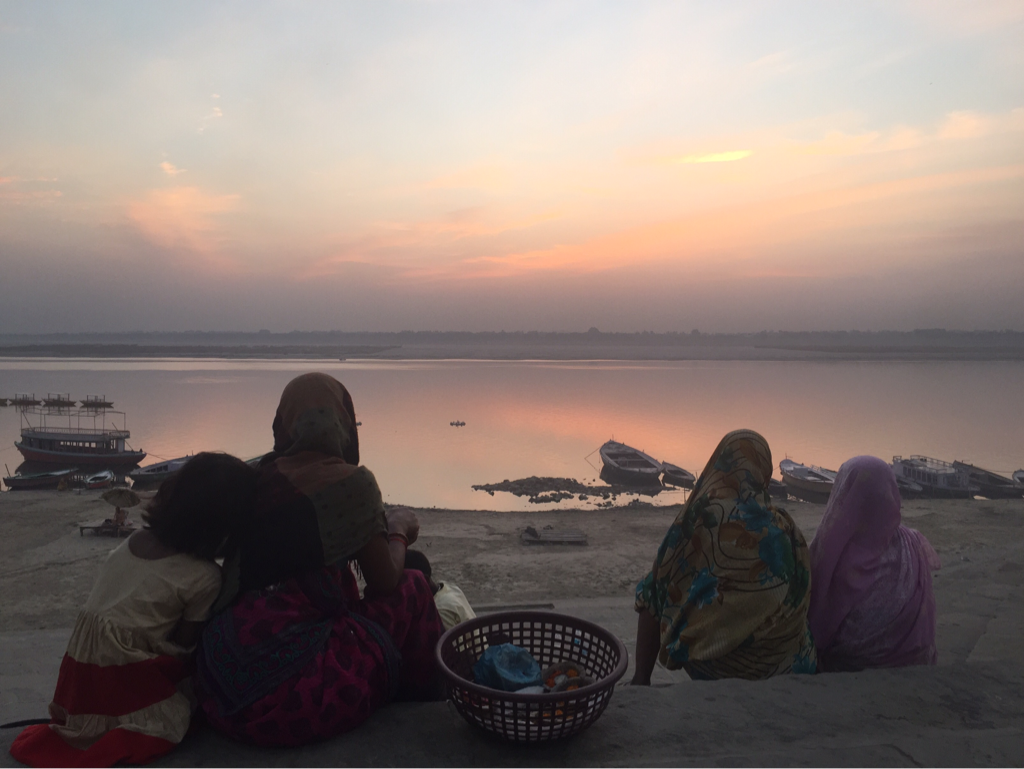
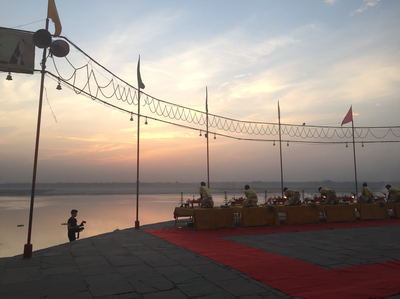
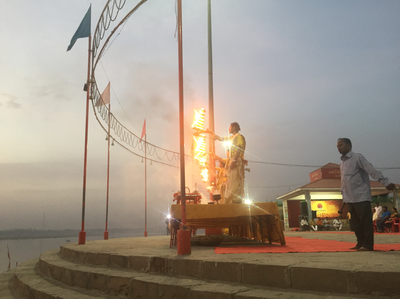
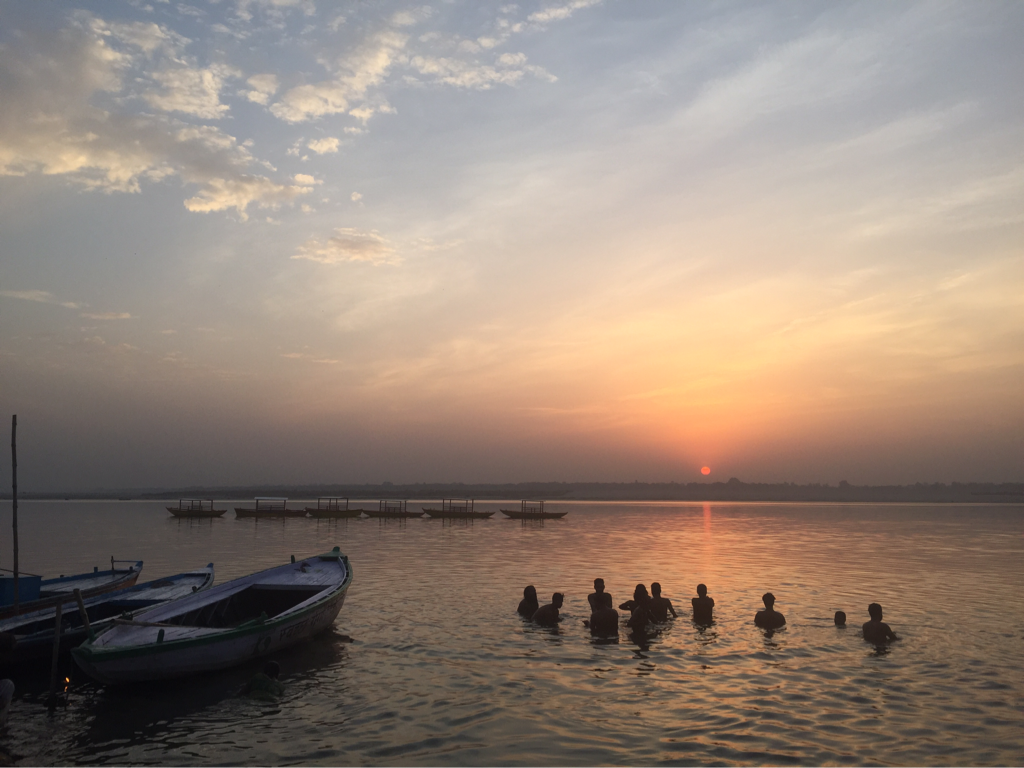
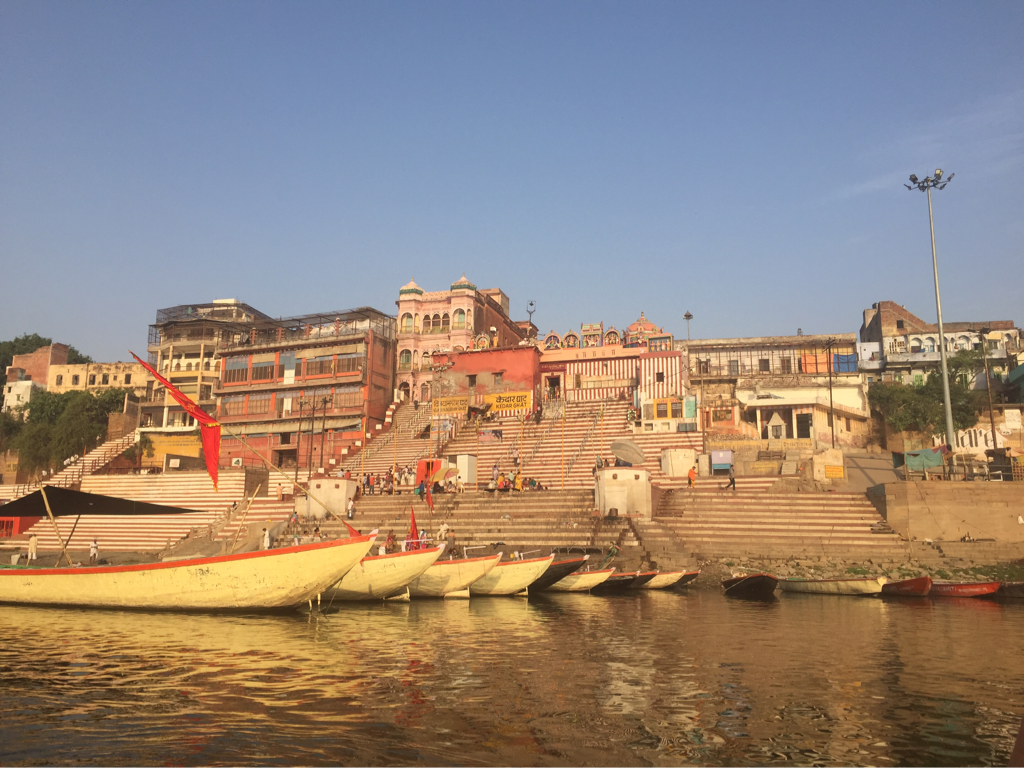
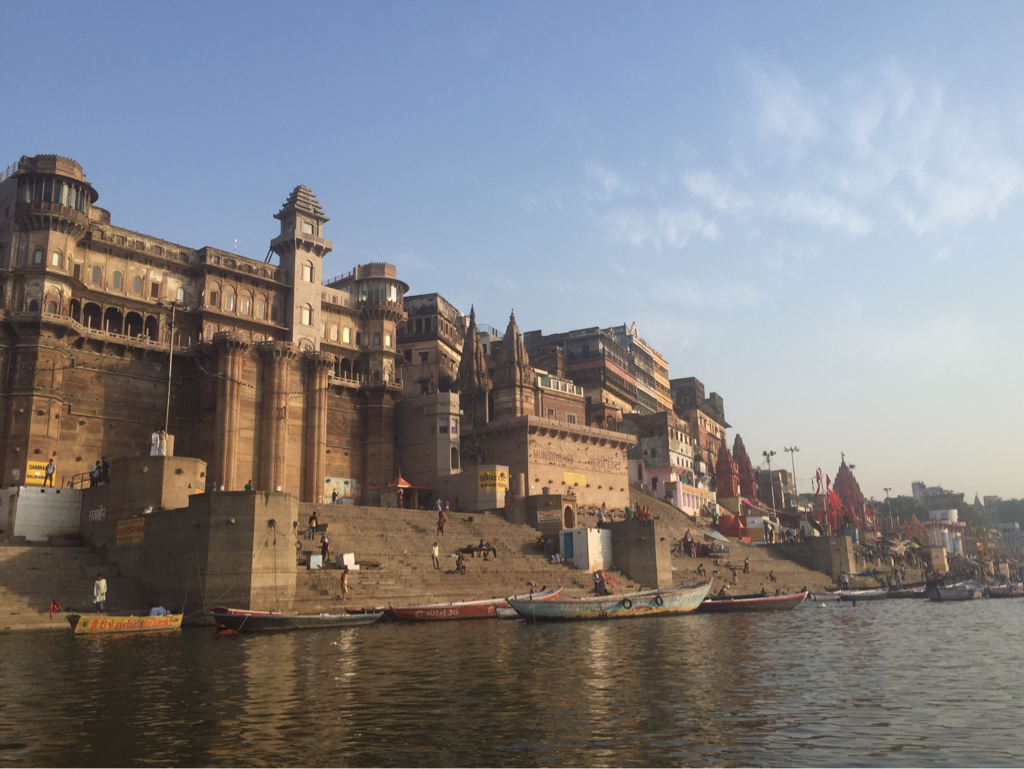
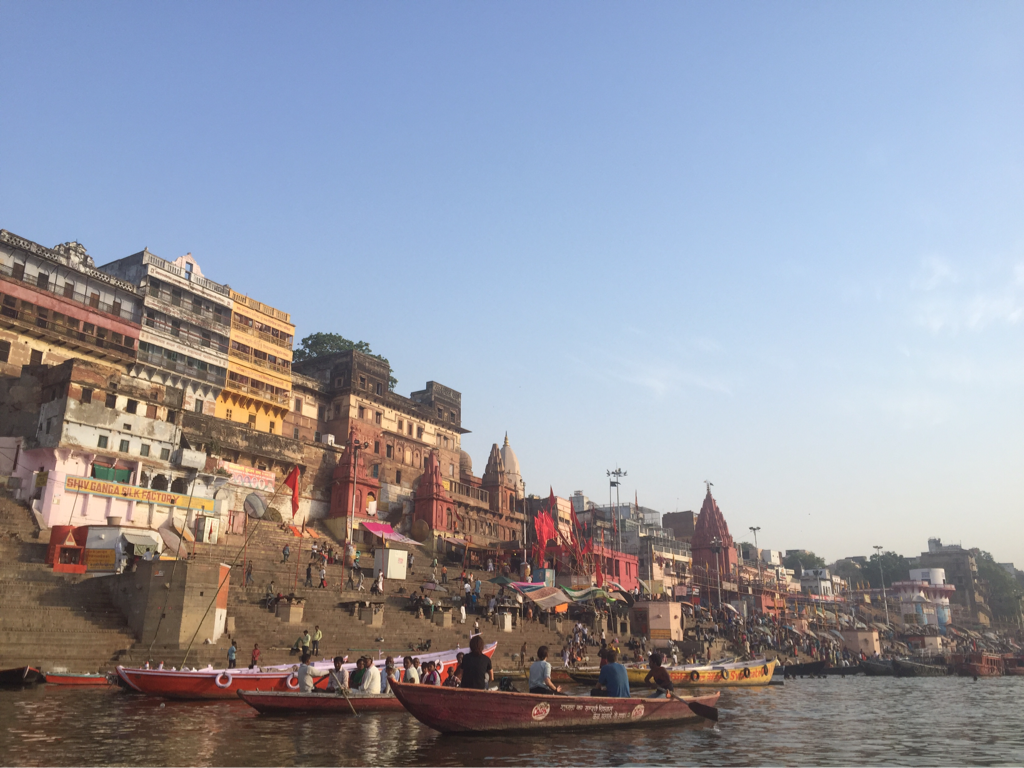
 RSS Feed
RSS Feed
